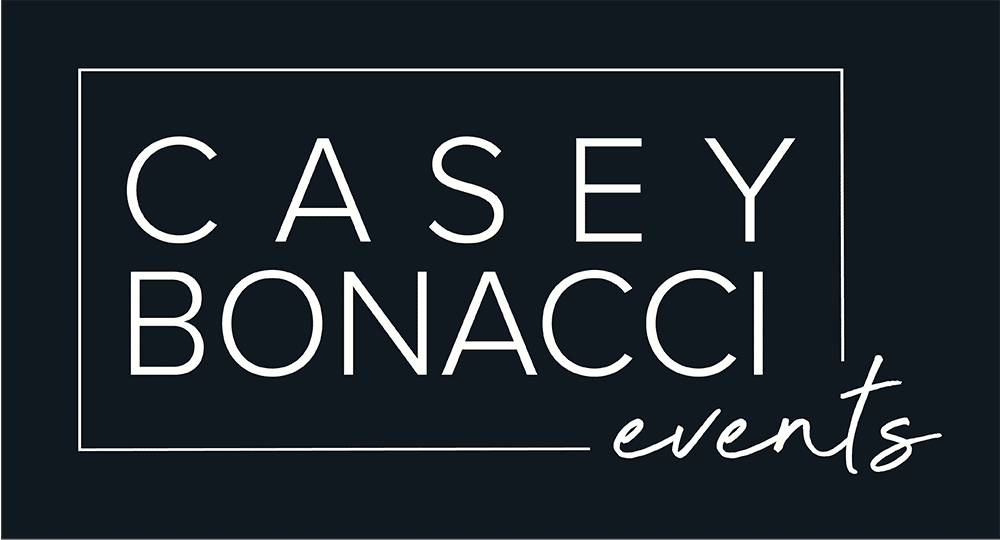Event planning is like orchestrating a complex symphony, with numerous moving parts that require careful coordination and preparation.
One of the key factors that can make or break the success of an event is the amount of time allocated for planning. The question that often arises is, how far out should you plan an event? What are the event planning deadlines?
While there is no one-size-fits-all answer, this article will explore the importance of giving yourself enough time to plan, along with some valuable advice to help you determine the ideal planning timeline for different types of events.
The Value of Early Planning for you event planning deadline
The adage “it’s never too soon to start” holds true in event planning.
The larger and more intricate the event, the more time you should allocate for planning.
While last-minute events are possible, they often result in unnecessary stress for everyone involved.
By starting early, you can secure the perfect venue, negotiate contracts with vendors, and develop a robust marketing strategy to ensure maximum attendance and engagement.
Conferences and Festivals Events: Aim for Around 8-12 Months
Corporate events are grand affairs that involve multiple stakeholders, extensive logistics, and high expectations. Planning a corporate event around 8-12 months in advance is advisable.
This time frame allows ample time to book the date and venue, set the format and budget, establish a planning group, secure main entertainment or speakers, and arrange ticketing.
Early planning ensures the crucial elements are in place, setting the stage for a successful event.

Small Events: Get Organised 6 Months Ahead
For smaller events like dinners, workshops, or small seminars, planning ahead by 6 months is usually sufficient.
While they may not require as much lead time as conferences and festivals events, early planning allows for exploring various venue, caterer, and entertainment options.
Additionally, it gives you time to send out invitations, ensuring your target audience can save the date on their calendars.
Advice for successful event planning
Regardless of the size or nature of your event, some general advice applies to streamline the planning process and ensure a successful outcome:
- Define Clear Objectives: Before diving into event logistics, know your business goals and what you want to achieve through the event. Are you aiming to generate leads, foster networking opportunities, or celebrate a milestone? Clear objectives will guide your decisions throughout the planning process.
- Establish a Budget: Setting a budget is crucial to avoid overspending and to make sure you allocate resources wisely. Consider all costs, including venue, catering, decorations, marketing, and any additional services you might require.
- Assemble a Reliable Team: Event planning is a collaborative effort. Surround yourself with a dedicated and efficient team that can share the workload, offer valuable input, and help troubleshoot any challenges that arise.
- Regularly Assess Progress: Review and assess your event planning progress on a regular basis. Break down your planning into yearly, quarterly, and monthly milestones. This approach will help you stay on track, meet deadlines, and make necessary adjustments as needed.
Final thoughts
Event planning requires thoughtful consideration, meticulous preparation, and adequate time allocation.
While there is no definitive answer to how far out you should plan an event, a general rule of thumb is to start as early as possible. There all always be a deadline, it is up to you as to how far you push that event deadline.
Large-scale events, such as corporate gatherings, demand more time, while smaller events can be planned with a shorter lead time.
Always keep your business goals in mind, establish a budget, and work with a competent team to ensure a successful and memorable event.
Remember, proper planning not only reduces stress but also increases the chances of creating an unforgettable experience for both you and your attendees. So, start planning, and let your creativity and organisational skills shine!
